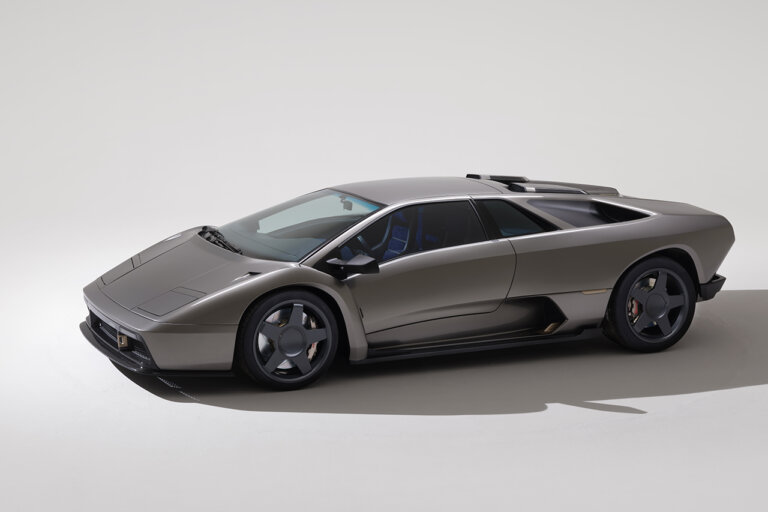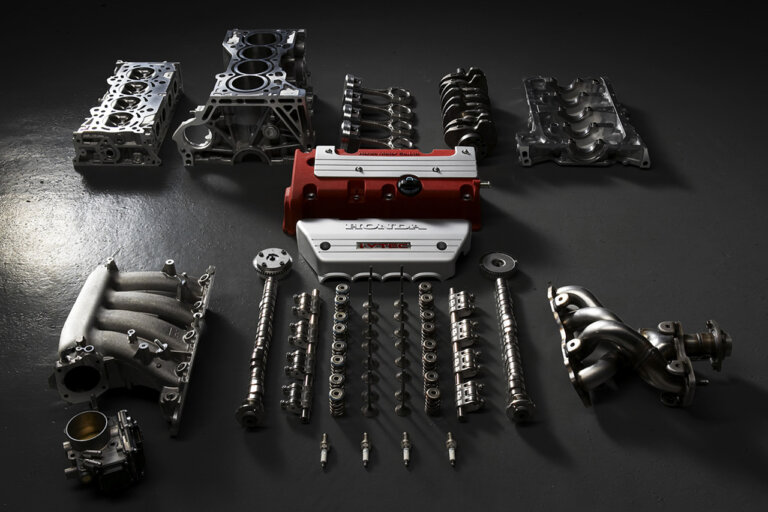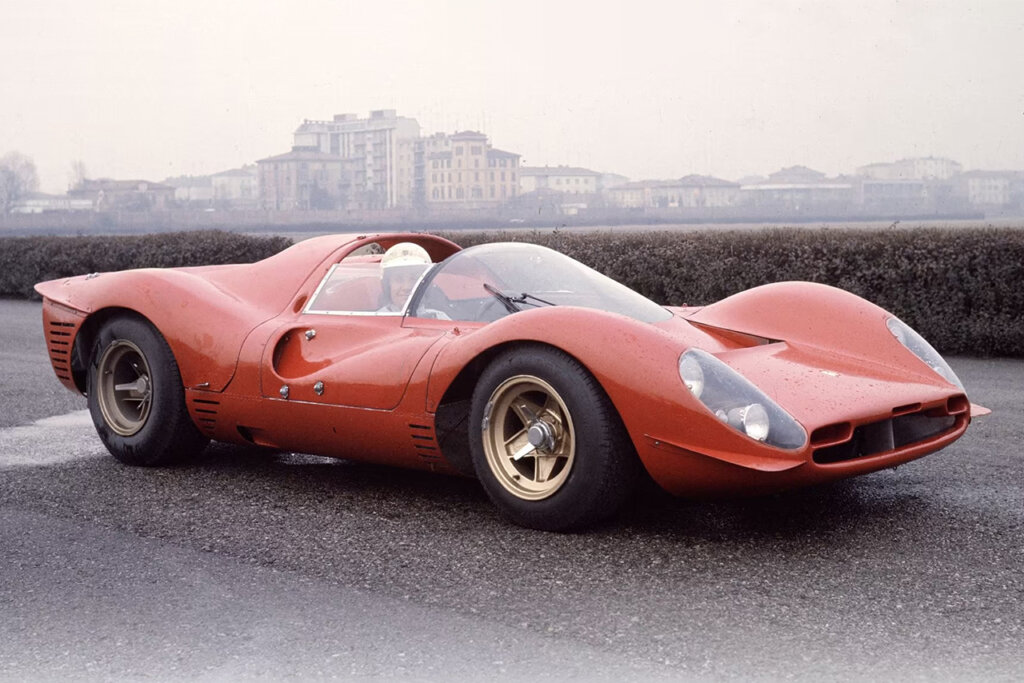
Source: Ferrari
Founded in 1923 by Eduardo Weber in Bologna, Italy, Weber Carburetors quickly became synonymous with precision engineering performance in the automotive world. Eduardo Weber, a visionary engineer, established the company at a time when the automotive industry was growing with innovation. His profound understanding of internal combustion engines and passion for automotive excellence led him to focus on a component that would become critical to the performance of vehicles: the carburetor.
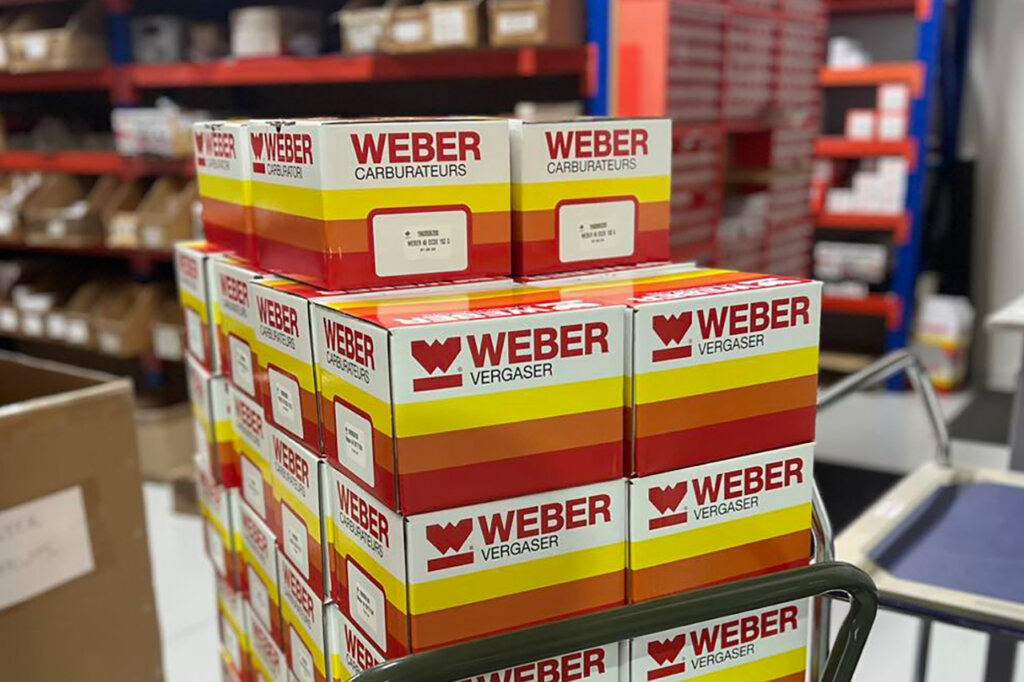
In the early 20th century, the internal combustion engine was rapidly evolving, with manufacturers striving to enhance power output, efficiency, and reliability. Eduardo Weber recognized that the carburetor, a device responsible for mixing air and fuel for internal combustion, was a crucial element in this equation. He saw an opportunity to revolutionize how engines breathed and performed by creating a more precise and efficient method of fuel delivery.
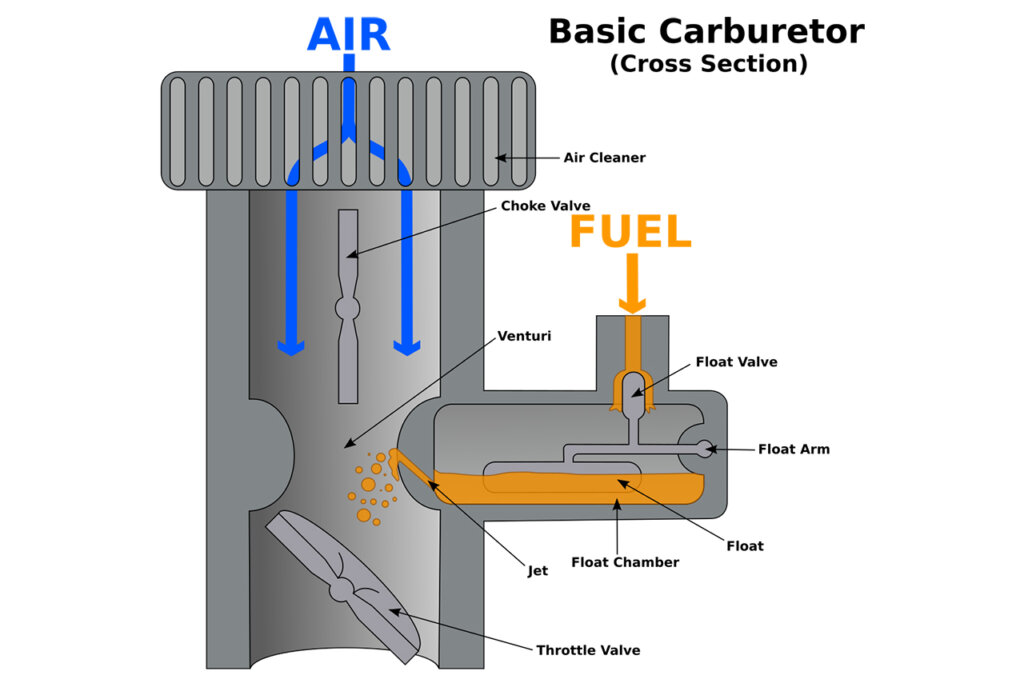
Source: Wiki Commons
Weber’s early designs were marked by innovation and attention to detail. He believed that by optimizing the air-fuel mixture, engines could achieve greater power and efficiency. This philosophy guided his work and led to the development of carburetors that were not just functional but also finely tuned instruments of performance. Weber’s carburetors became known for their precision, durability, and ability to extract maximum power from engines, making them highly sought after by automotive enthusiasts and manufacturers alike.
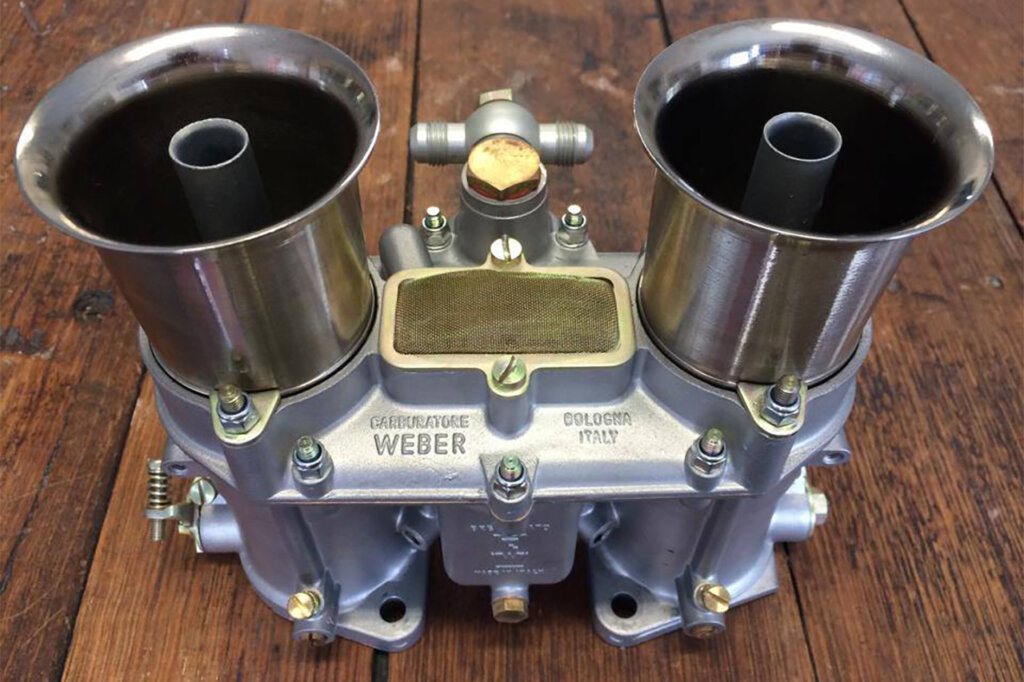
Source: Weber Performance
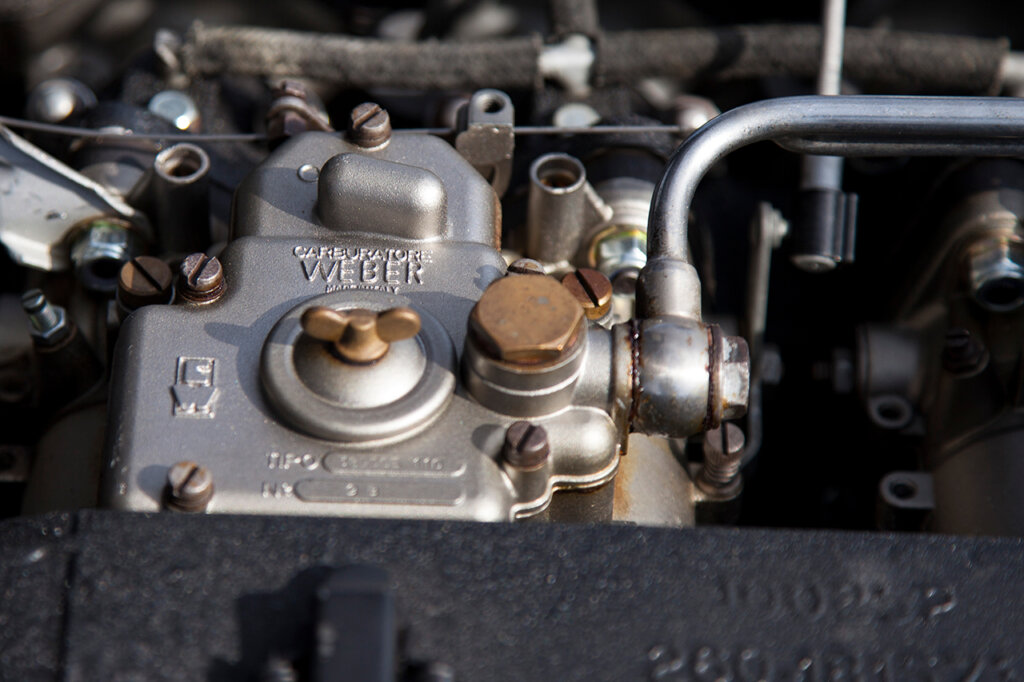
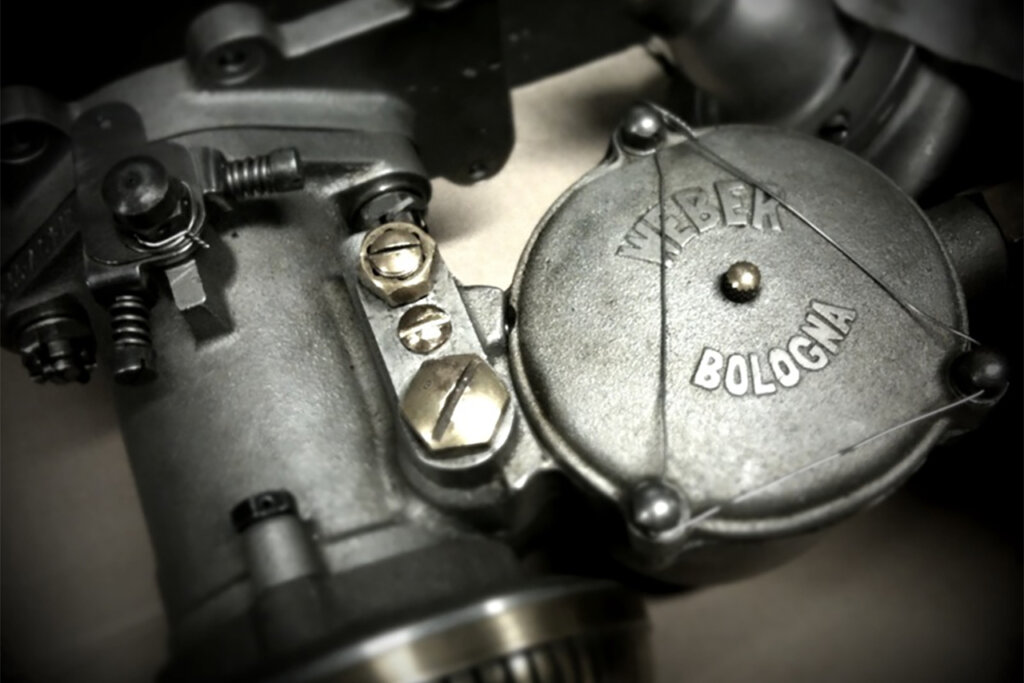
One of the defining aspects of Weber Carburetors’ success was its strong relationships with major automotive companies, particularly in the high-performance and racing sectors. Perhaps the most iconic partnership was with Ferrari, the legendary Italian sports car manufacturer. Ferrari, known for its relentless pursuit of speed and performance, found a kindred spirit in Weber.
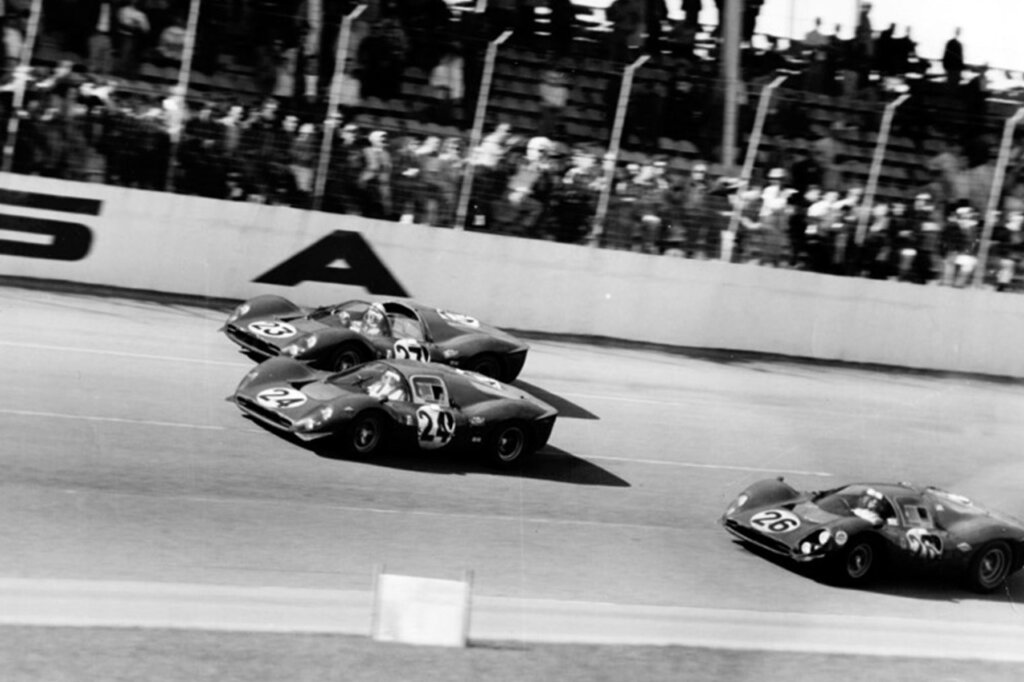
Source: Ferrari
The partnership between Weber and Ferrari began in the 1950s and continued for several decades and Weber carburetors were a key component in many of Ferrari’s most iconic models, including the 250 GTO, 275 GTB, and the legendary 330 P4. These cars, celebrated for their power, agility, and racing success, relied on the precise fuel delivery and tuning capabilities of Weber carburetors to achieve their exceptional performance. The collaboration between Weber and Ferrari was a marriage of engineering excellence, where each company pushed the other to new heights of innovation.
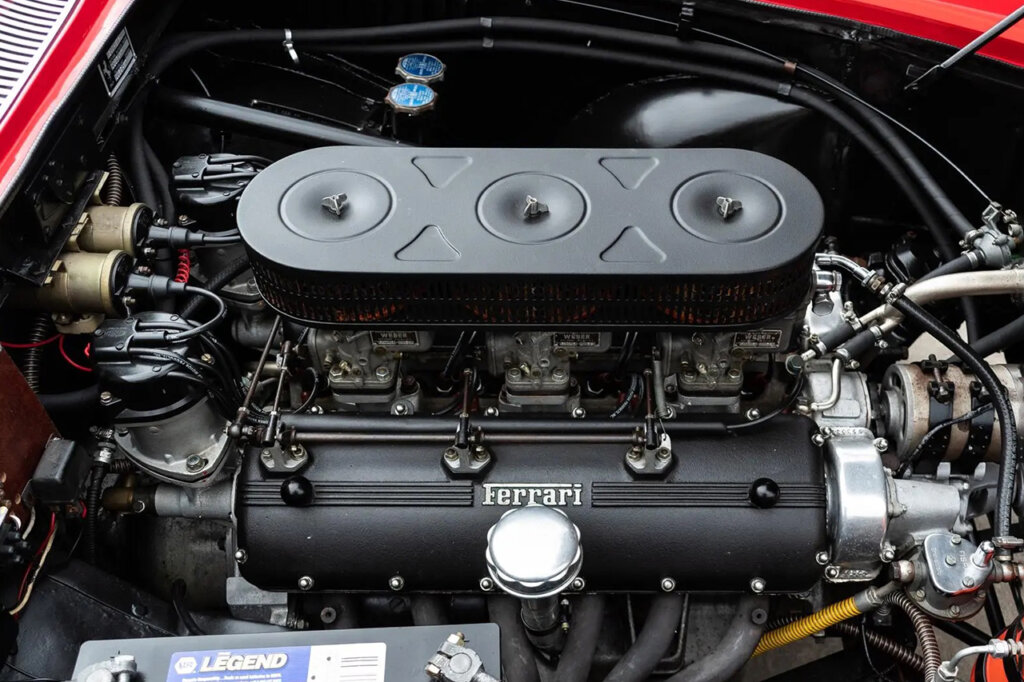
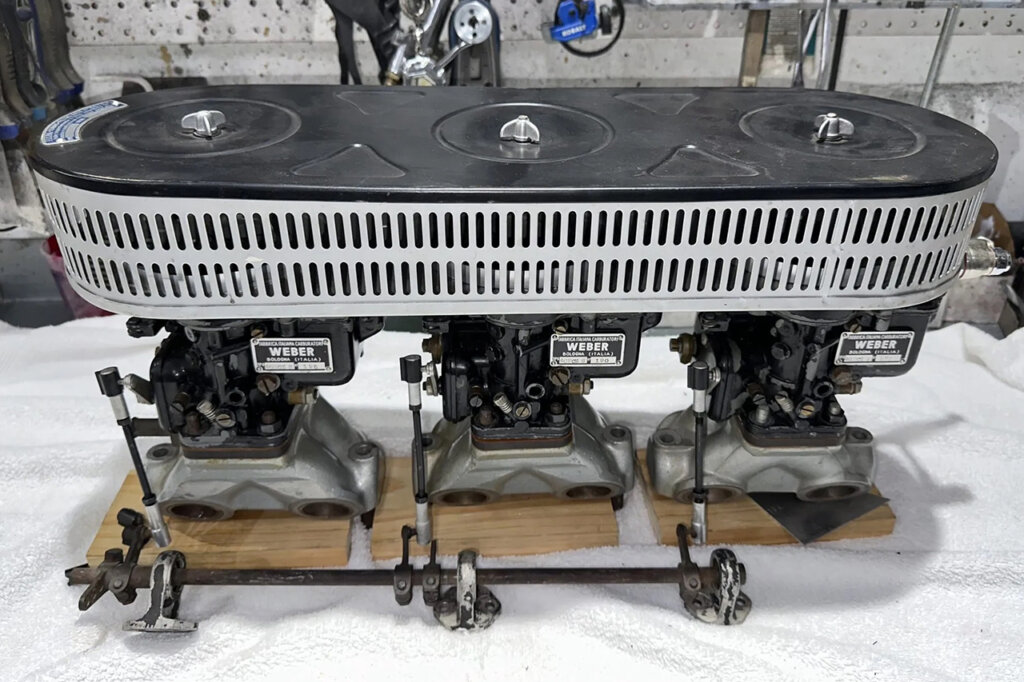
But Ferrari was not the only automotive giant to recognize the value of Weber carburetors. Other prestigious manufacturers, such as Maserati, Lamborghini, Alfa Romeo, and Aston Martin, also adopted Weber’s technology for their high-performance models. In the world of racing, Weber carburetors became a standard, used by teams and manufacturers competing in Formula 1, Le Mans, and other prestigious motorsport events. The success of these collaborations not only elevated Weber’s status in the automotive industry but also solidified its reputation as a leader in performance engineering.
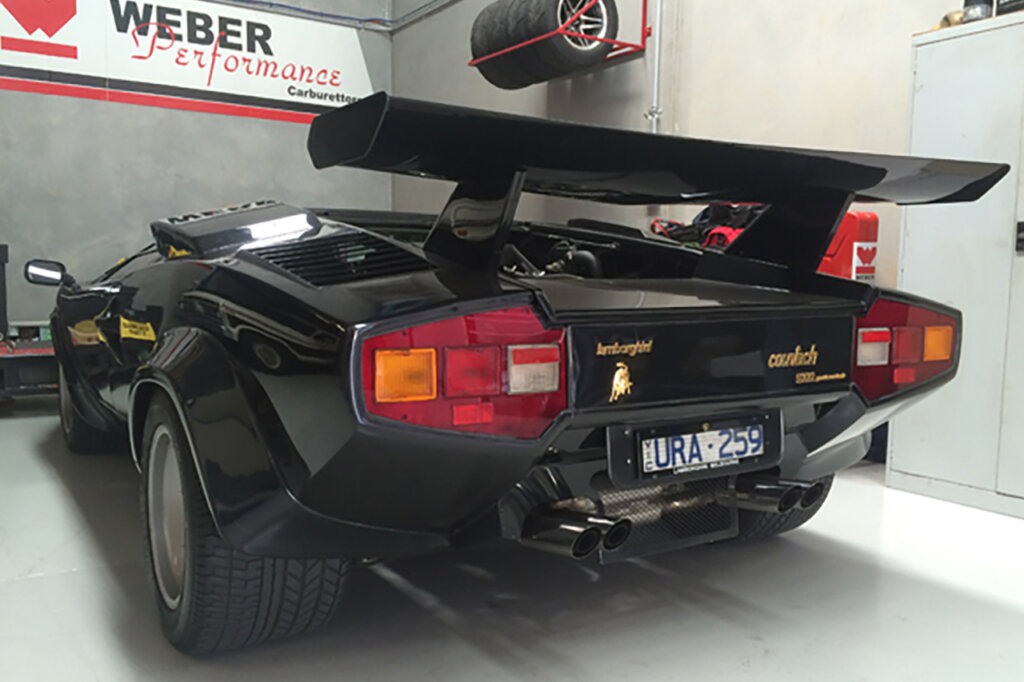
Source: Weber Performance
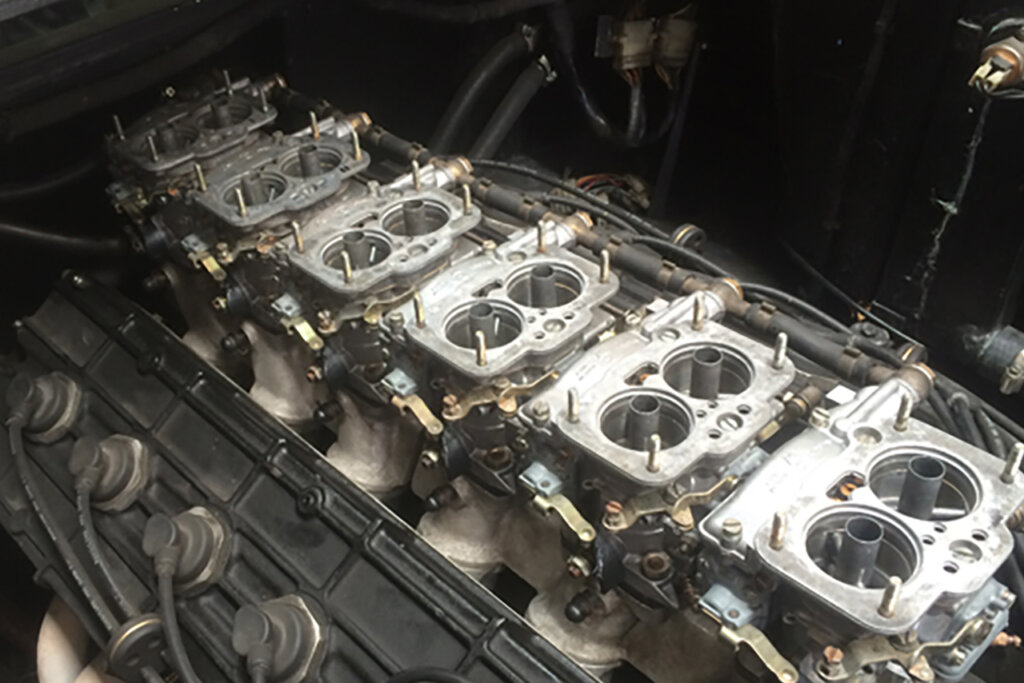
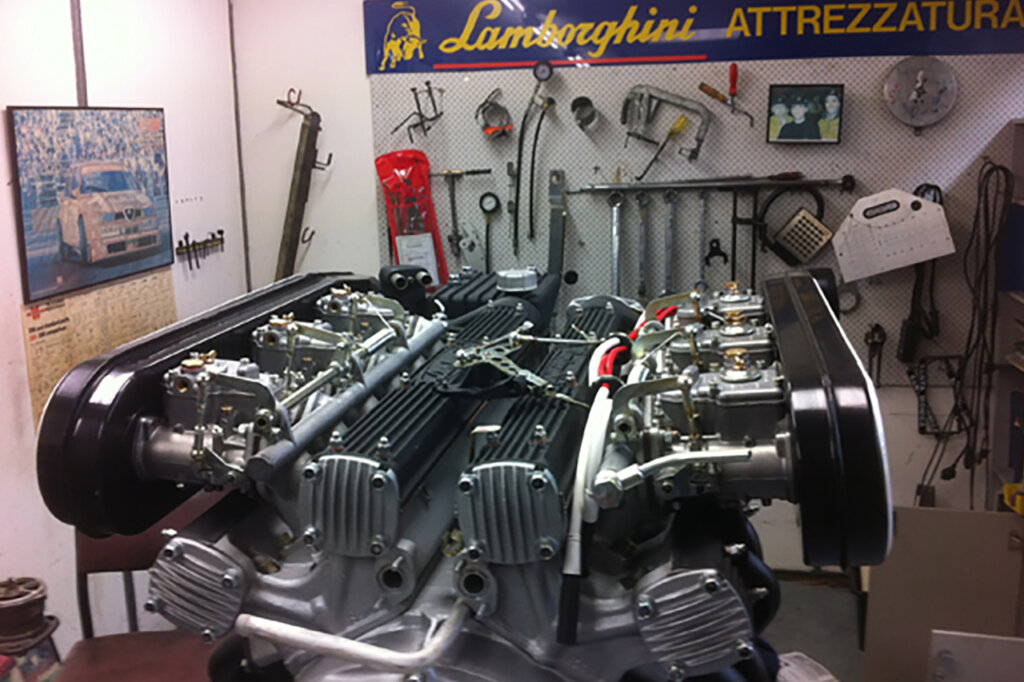
First and foremost seeing as the excellence of a Weber carburetor is so significant why are carburetors so important? A carburetor’s primary role in an internal combustion engine is to mix air and fuel in the correct ratio for combustion, which directly influences the engine’s performance, efficiency, and emissions. Weber Carburetors excelled in this domain by designing components that allowed for precise tuning of this mixture, adapting to the specific needs of different engines. This precision was particularly valuable in high-performance applications, where even minor adjustments in fuel delivery could lead to significant gains in power and responsiveness. Weber’s innovative use of multiple barrels (venturis) allowed better control over fuel flow at varying engine speeds, making their carburetors ideal for high-revving engines.
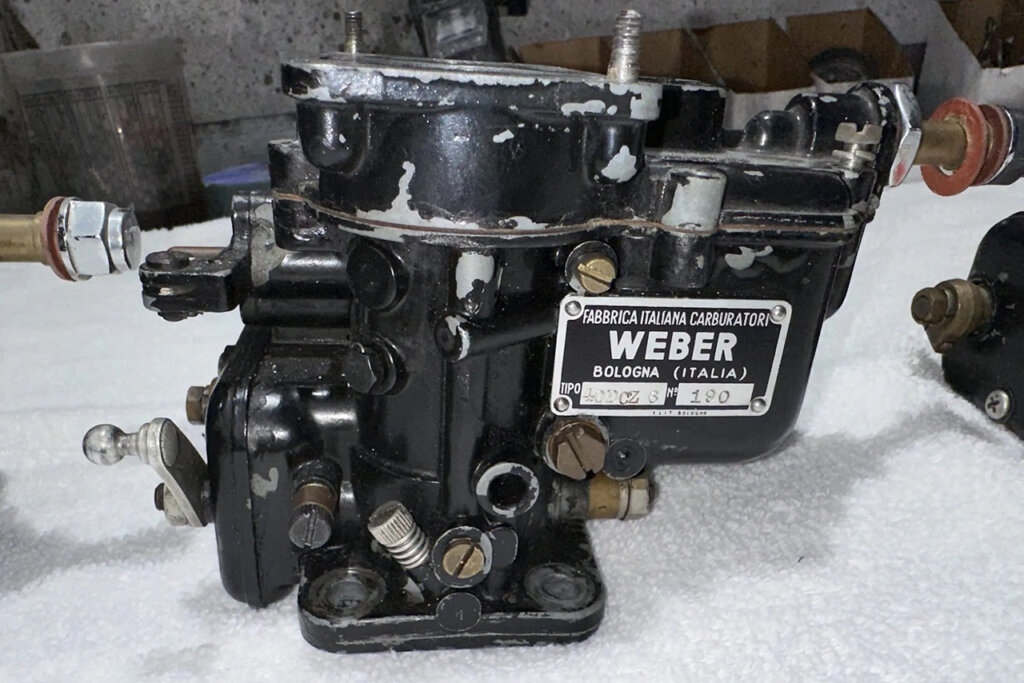
Source: Bring-A-Trailer
Weber’s commitment to quality extended to the materials and craftsmanship used in their carburetors, ensuring reliability and longevity even in demanding conditions. This attention to detail made Weber carburetors a preferred choice for performance vehicles, while their versatility also made them popular in a wide range of production vehicles. Whether in sports cars, luxury sedans, or race cars, Weber carburetors consistently delivered enhanced driving experiences, cementing their reputation as a leading manufacturer in the automotive industry.
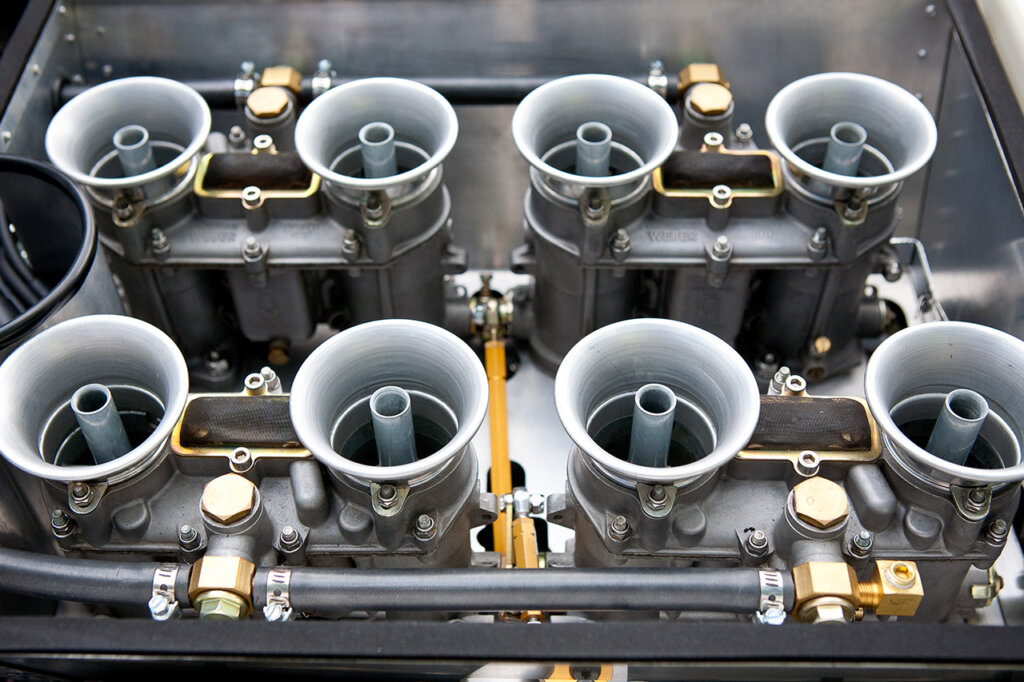
Despite the rise of fuel injection systems in the 1980s, Weber Carburetors remains a revered name in the automotive world. Their legacy endures through the continued use of their carburetors in classic and vintage cars, with enthusiasts and restorers valuing the precision and performance these components offer. Weber carburetors are considered the gold standard in classic car restoration, particularly for iconic brands like Ferrari, Alfa Romeo, and Maserati. The availability of rebuild kits and aftermarket support ensures that Weber’s engineering excellence continues to serve the automotive community.
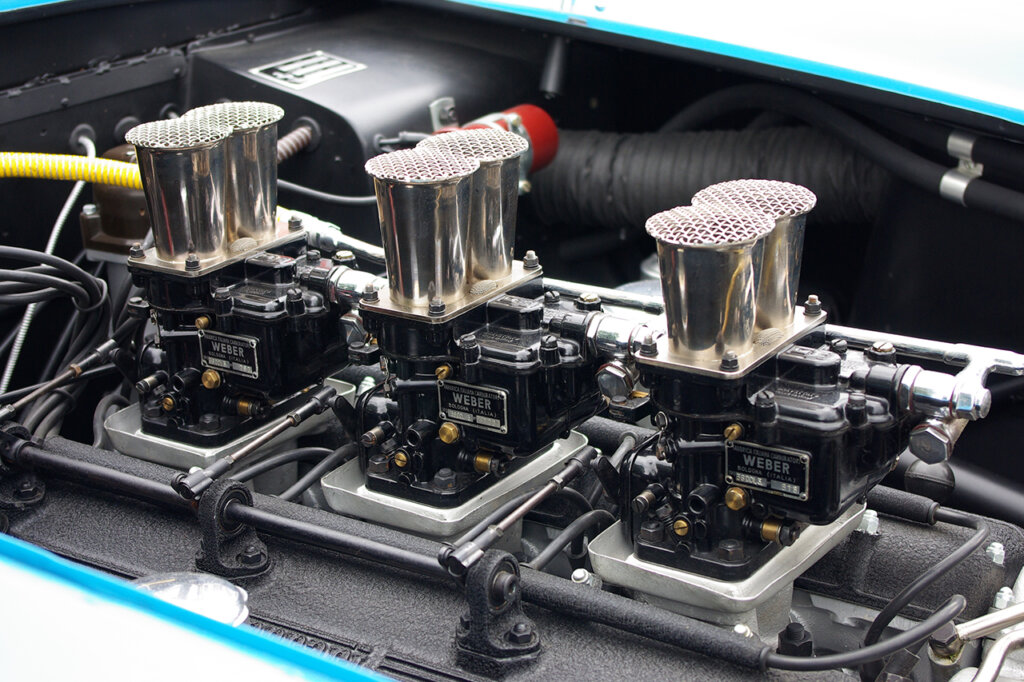
Weber Carburetors is a testament to the power of specialization and its profound impact on the automotive industry. Eduardo Weber’s vision revolutionized fuel delivery systems, shaping the performance of some of the most iconic vehicles in history. Whether on the racetrack or the open road, Weber carburetors have left a lasting legacy in automotive engineering, celebrated by enthusiasts and professionals alike.


